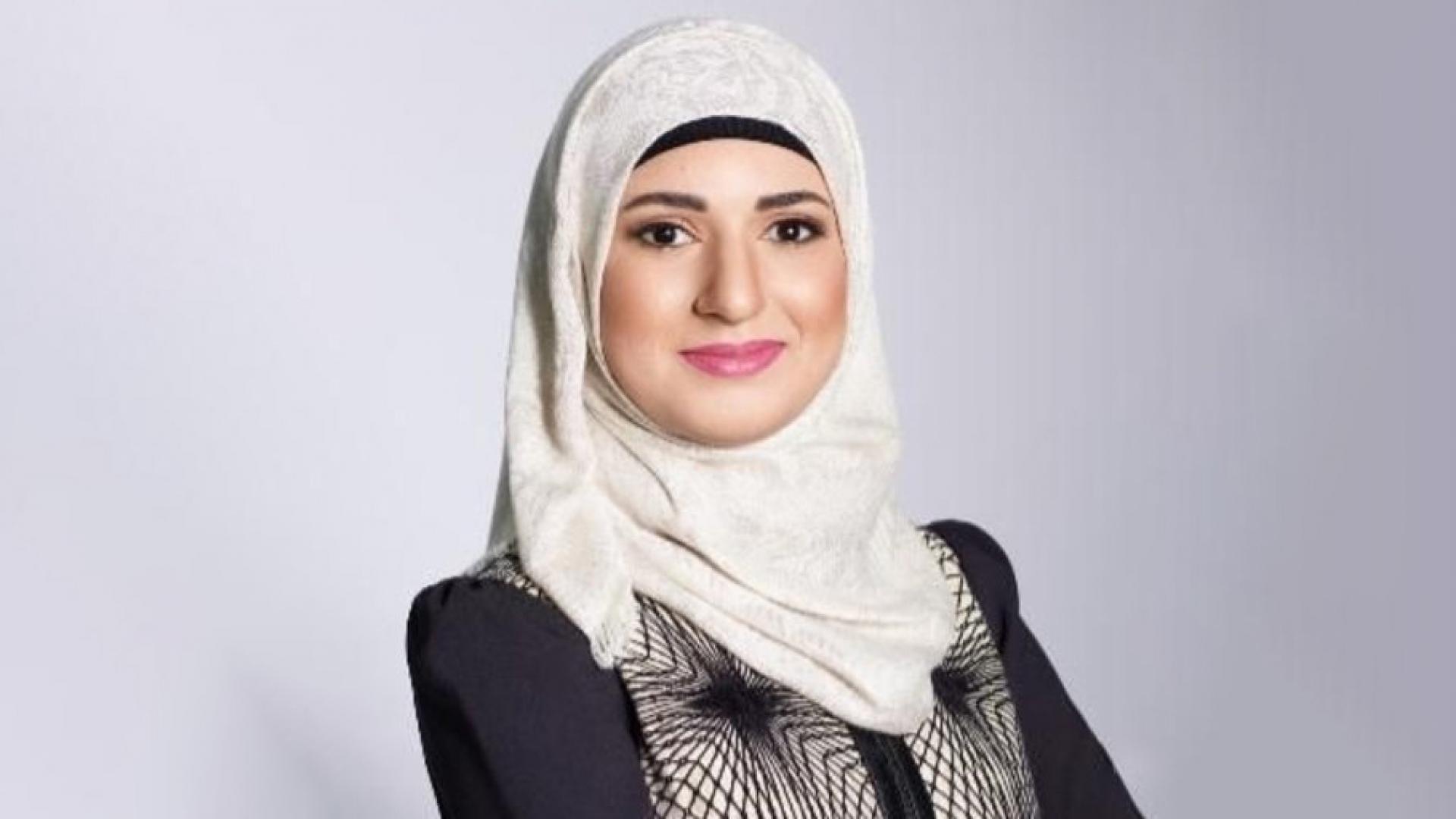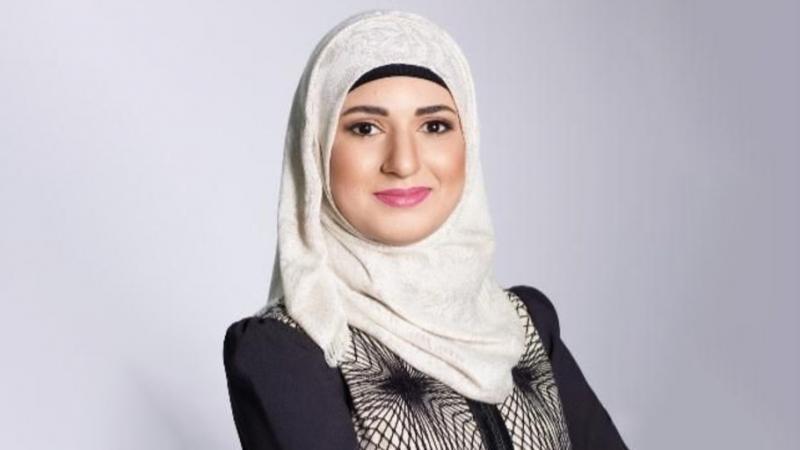By David Murphy
Nazek El-Atab, a research scientist based in the KAUST MMH Labs, has been selected to participate in the Rising Stars 2020 Academic Career Workshop for Women in EECS. Rising Stars is an intensive workshop aimed at increasing the numbers of women interested in pursuing academic careers in computer science, computer engineering, and electrical engineering (EECS). The workshop, which was launched by the Massachusetts Institute of Technology in 2012, will take place virtually from November 9-10, 2020, and will be hosted by the University of California, Berkeley.
Female graduate students and postdoctoral fellows were selected for the event based on their academic excellence, interest in a faculty career in the EECS discipline, and commitment to advancing equity and inclusion.
El-Atab said of her selection: “Since I am interested in a future faculty career in top research-based universities, I am thrilled and honored to have been selected to take part in this exciting preparatory program.”
“Being selected to participate in Rising Stars 2020 motivates me to continue striving for excellence in my academic and professional pursuits. My deepest gratitude goes to my advisor, Prof. Muhammad Mustafa Hussain, for nominating me, in addition to Prof. Krishna Saraswat and Prof. Ali K. Okyay (Stanford University), and Prof. Ammar Nayfeh (Khalifa University of Science and Technology) for their continuous support and endorsement.”
Perseverance, hard work, and diligence
Before joining the University in October 2017, El-Atab obtained her B.Sc. in computer and communications engineering ('12) from the Hariri Canadian University, Lebanon, and her M.Sc. in microsystems engineering ('14) and Ph.D. in interdisciplinary engineering ('17) from the Masdar Institute of Science and Technology, UAE.
During her three years at KAUST, the Lebanese researcher has worked on several high-impact research projects to design and fabricate futuristic electronics. Her research centers on the development of a new integration and packaging technique for electronic devices for internet-of-things (IoT) applications. So far, El-Atab has applied this system to apparatuses used for food and water control, such as fish farming ponds.
El-Atab affirmed that her decision to join KAUST was down to Professor Hussain’s research achievements and his MMH Labs research group, in addition to the University’s cutting-edge research facilities.
“Having the opportunity of working under the supervision of Prof. Hussain has had a great impact on my success,” she noted. “At KAUST, I have been able to work on high impact research projects, get access to state-of-the-art tools and learn from the vast experience of Prof. Hussain and my MMH Labs colleagues.”
“In the last month, Nazek has been ranked third in IEEE EDS Early Career Award; has been elevated to the grade of IEEE Senior Member, and now selected as a Rising Star for 2020,” noted Hussain. “All these achievements simply testify to the fact that Nazek is doing unique work with perseverance, hard work, and diligence,” he added.
The responsibility of success
El-Atab has also received several other notable awards, including the L’Oréal-UNESCO 2015 For Women in Science Middle East Fellowship and the L’Oréal-UNESCO 2017 International Rising Talents Award; she was also featured in UNESCO’s 2019 “Remarkable Women in Technology” Exhibition.
Although the percentage of female academics working in EECS is relatively low, El-Atab encourages other young women to follow their passion and overcome potential roadblocks in their pursuit of creating impactful research.
“I strongly believe an individual can excel and become a leader in a specific field, but only when they are intrinsically interested in and passionate about their research/work,” she emphasized. “As a female researcher, I believe my honors increase my responsibility to continue excelling and contributing to the field of futuristic electronics for the benefit of all humanity.”

